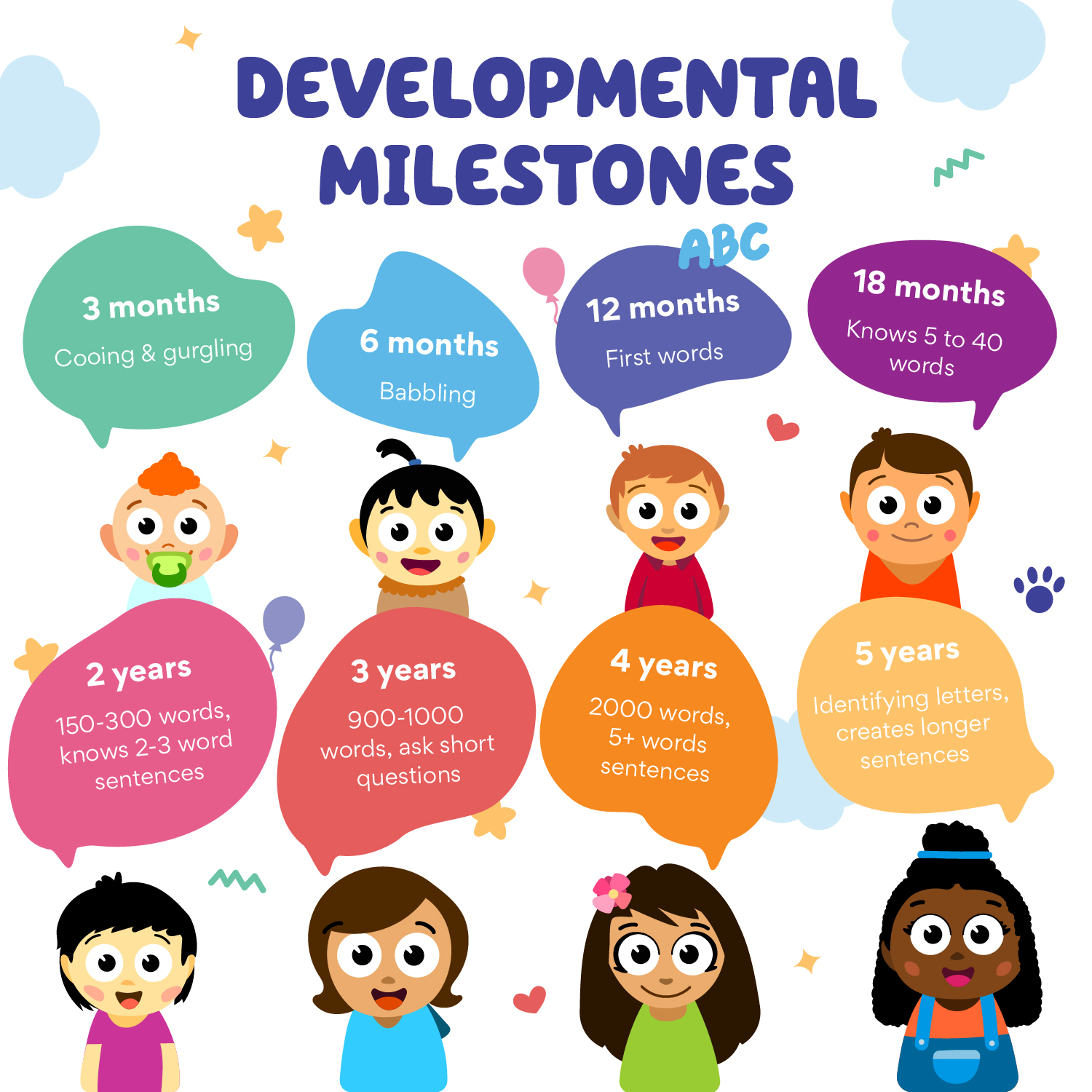 Source: bing.com
Source: bing.comAs a new parent, you might be eagerly waiting to hear your baby’s first word. The development of speech in babies follows a predictable pattern, and understanding the stages can help you track your baby’s progress.
Table of Contents
Stage 1: Reflexive Sounds (0-2 months)
During their first two months, babies produce reflexive sounds like crying, burping, and sneezing. These sounds are not intentional and do not have any meaning. However, they help babies exercise their vocal cords and prepare them for more complex speech sounds.
Stage 2: Cooing and Babbling (2-6 months)
Around two months of age, babies start making cooing sounds like “ah-goo” and “coo-coo.” These sounds are produced when babies are happy and contented. By four months, babies start babbling, which is the repetition of syllables like “ba-ba” and “ma-ma.” Babbling helps babies practice different mouth movements and explore the sounds they can make.
Stage 3: Single Words (6-12 months)
Between six and nine months, babies start to associate sounds with specific objects and people. They begin to say their first word, usually “mama” or “dada,” which may not always refer to their mother or father. By their first birthday, babies can say a few simple words like “ball,” “dog,” or “milk.”
Stage 4: Holophrases (12-18 months)
As babies approach 12 to 18 months of age, they begin to use holophrases, which are one-word sentences that convey a complete thought. For example, they might say “up” to ask to be lifted or “juice” to request a drink. They also start to understand simple commands like “no” and “come here.”
Stage 5: Telegraphic Speech (18-24 months)
By 18 to 24 months, babies start using telegraphic speech, which is the use of two-word phrases that omit nonessential words like articles and prepositions. For example, they might say “more cookie” instead of “I want more cookie.” They also start to use pronouns like “me” and “mine” and form simple sentences.
It’s important to remember that each baby develops at their own pace and may reach these milestones at different ages. However, if you have concerns about your baby’s speech development, talk to your pediatrician.
Frequently Asked Questions
Q: When should my baby start talking?
A: Most babies say their first word between six and nine months, but some may start as early as three months or as late as 14 months.
Q: How can I help my baby’s speech development?
A: You can encourage your baby’s speech development by talking to them frequently, using simple and clear language, and repeating words and phrases. You can also read to them, sing nursery rhymes, and play games that involve language.
Q: What should I do if I’m worried about my baby’s speech development?
A: If you have concerns about your baby’s speech development, talk to your pediatrician. They can evaluate your baby’s hearing and language skills and recommend therapy or other interventions if necessary.
Q: Is it normal for my baby to babble?
A: Yes, babbling is a normal part of speech development. It helps babies practice different mouth movements and develop their language skills.
Q: What if my baby doesn’t say their first word by 12 months?
A: While most babies say their first word by 12 months, some may take longer to start talking. If you’re concerned about your baby’s speech development, talk to your pediatrician. They can evaluate your baby’s language skills and recommend therapy or other interventions if necessary.
